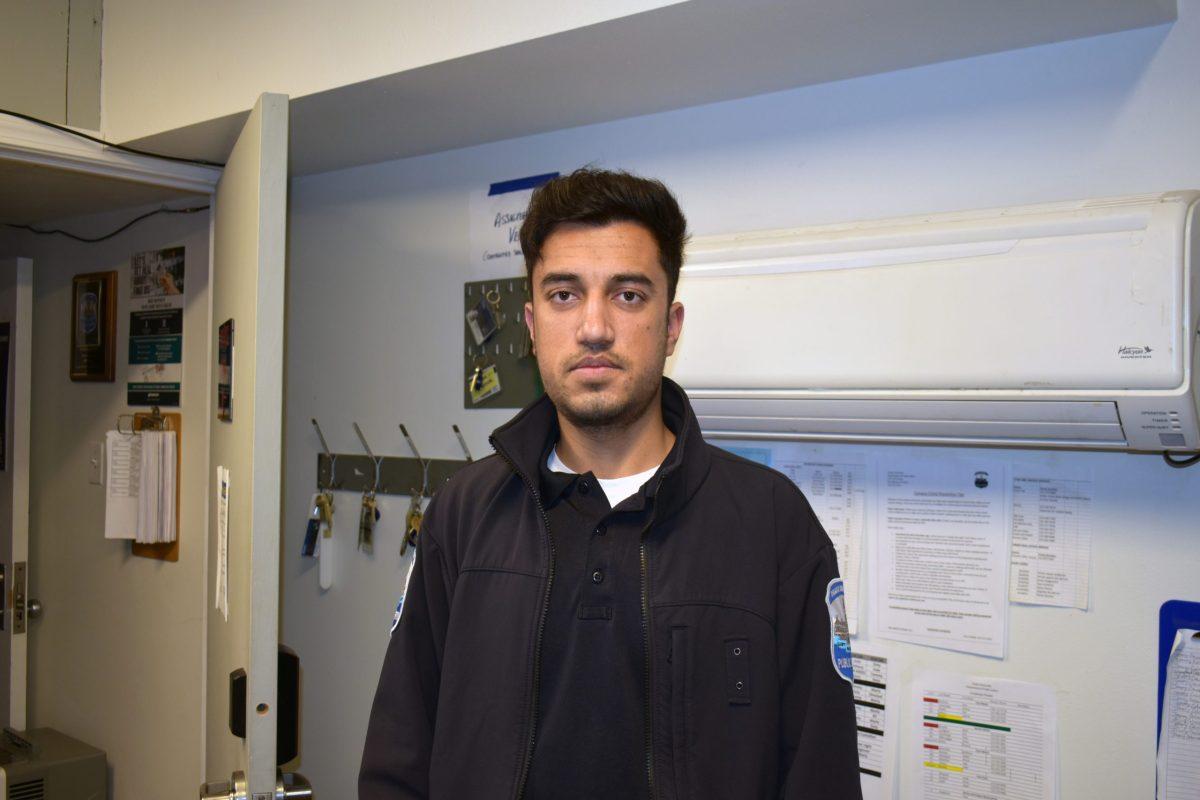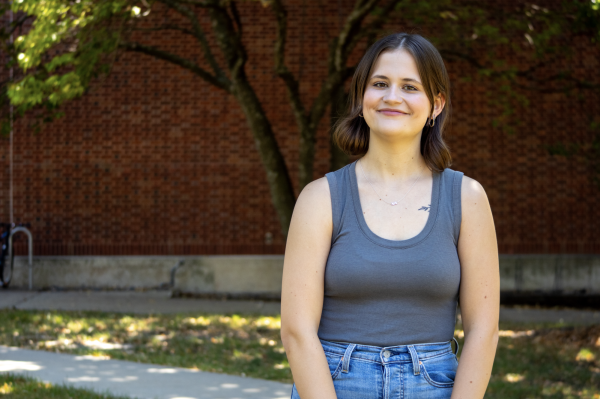Drake student Nawid Mohabati was 17 when the Taliban killed his father — a general in the Afghan National Army. Living in Kabul, the capital of Afghanistan, was unsafe for Mohabati’s family after the death of his father, and he moved to the United States with his mother, brothers and sister in 2021.
“The Taliban found our house in Afghanistan, Kabul city. They got in and they broke my computer. I had a desktop there, a TV, some windows,” Mohabati said. “They asked for the neighbors, and they got beaten, one of our neighbors. They said, ‘Where is the family?’ and the neighbors said, ‘They’re not here. They’re out of [the] country. We don’t know where, they just gave us this house.'”
According to International Student Advisor Jorona Johnson, recent international crises have had broad impacts on the Drake community. For international students like Mohabati, conflict is a reality.
“Just in my time at Drake, there have been several global emergencies that have impacted our international student population,” Johnson said. “From the conflicts in Cameroon, South Sudan and Ukraine to the environmental crisis in Pakistan; all of these situations have affected Drake students and their studies in some capacity.”
Mohabati started as a part-time student at Drake in 2022 studying computer science and cybersecurity. He also works full-time as an officer for Drake Public Safety.
Balancing his schedule can be difficult, Mohabati said. However, Drake provides some resources that make his schedule possible, including some free credit hours as an employee.
“In our family, I am the only [one] working,” Mohabati said. “We are all seven people, and I have to pay for the rent, bills, everything. It’s just some challenges for home and life, both work and study. It’s a little challenging.”
After going into hiding in Afghanistan for 15 days, Mohabati’s family traveled with the help of the U.S. military to Saudi Arabia, Spain, Virginia and New Mexico before settling in Des Moines. Once here, they received housing assistance from the Des Moines Refugee Support organization.
“I was working at the Metro Waste Authority for five months, and then I came to Drake,” Mohabati said. “One of my friends, [Erin Bell], she’s working in the Des Moines Refugee Support, and she’s working in the Drake Marketing Department. She told me to come to work [at] Drake.”
As a refugee, Mohabati faced some challenges in being admitted to Drake, including accessing his high school diploma from Afghanistan.
“My high school diploma was in Afghanistan, the Ministry of Education. I couldn’t take them, so I told my friends to take that for me,” Mohabati said. “I needed it to get into Drake in 2022, so it took about eight months. They said, ‘They know it’s your diploma, and you’re the son of the general, so that was a lot of troubles for us.'”
Drake has specific resources in place for international students who are affected by crises. On-campus services collaborate to support students through their time at Drake, Johnson said.
“Whether it be through messages of support, connection with counseling services, or financial assistance via external organizations, we want students to know that there are options for their needs,” Johnson said. “We also provide advising on options that may be available to them via their F-1 immigration status such as Special Student Relief or Temporary Protected Status.”
Additionally, Drake’s mental health services have options for international students who are dealing with trauma or stress related to situations in their home countries.
“The Uwill service that Drake utilizes has specific options that appeal to our international student body including choice of language and race or ethnicity,” Johnson said. “These options allow students to connect with counselors on a deeper level — beyond any potential language barrier — and overall help the experience of working on one’s mental health feel less daunting.”








